Buying or selling a home is always a significant life change. There are lots of things to consider when you are planning to relocate. What to do about your solar system may be one of them. But it doesn’t have to feel daunting. Realtors and homeowners are also becoming savvy about the value of solar power when it comes to home sales and purchases. That expertise helps, but as solar grows in popularity, it is mostly considered a great addition.
Besides paying for your system outright, there are other financing tools you might have used. The three other ways to finance a home solar system are by loan, lease, or PPA. How you acquired your system can impact the process of selling your home.
Purchase – If you’ve purchased your home’s solar system, you should be able to factor that into your asking price just as you would other upgrades, like renovations or a new roof. How much you can factor it in will depend in part on how much is saved each month on the electricity bills and the age of the system. An average home saves between $10,000 and $30,000 over the lifetime of the solar system. That’s a great selling point for any home. And while most systems have a 25-year warranty, the solar system may have more than 40 years of expected performance.
Loan – Buying a solar system using a loan allows homeowners to pay overtime while taking advantage of tax credits, like the federal solar investment tax credit (ITC) and similar state and local solar incentives. But what happens when you sell that home?
If you used a home equity loan for the solar, you would have to pay off the balance of the loan before you sell. If it’s an unsecured loan (that doesn’t use the house as collateral), when you sell, you will be responsible for paying off the loan. However, in some instances, lenders will allow you to transfer the loan to the new homeowner if they qualify. It’s always a good idea to ask your lender what options are available to you.
Education is a homeowner’s best defense against any buyer’s hesitation. Be prepared to provide data showing how your solar system saves money and reduces pollution. The monitoring tools for your system can be especially helpful. Local real estate agents and regional solar associations are also good resources to tap into.







